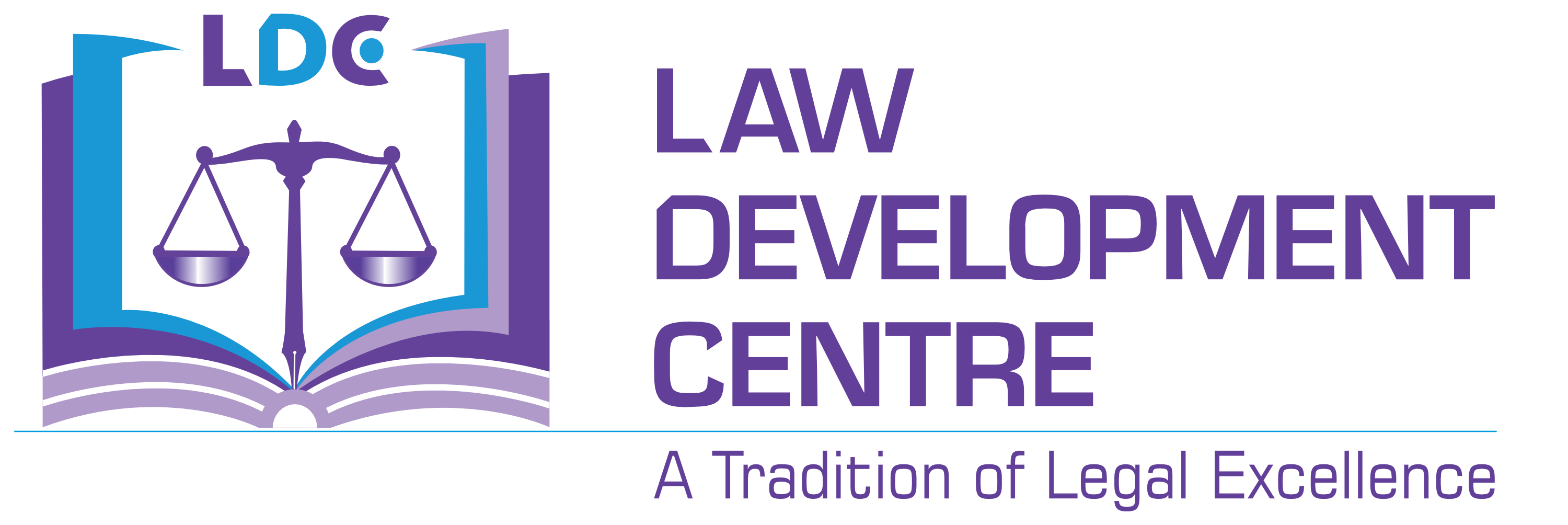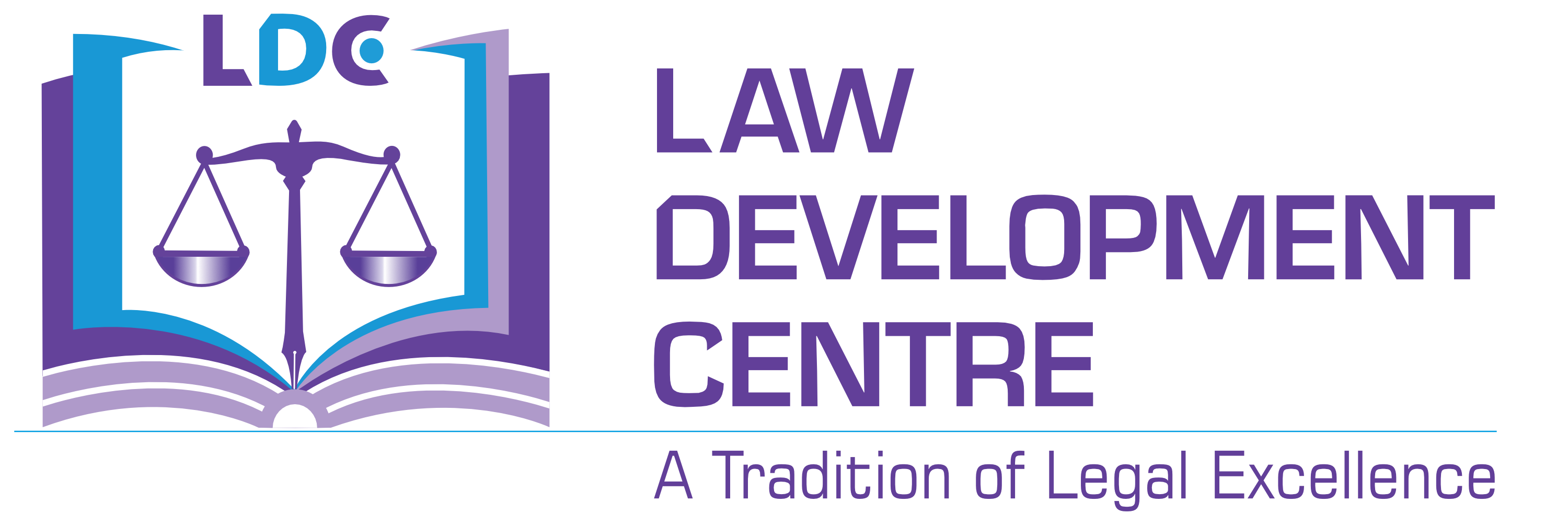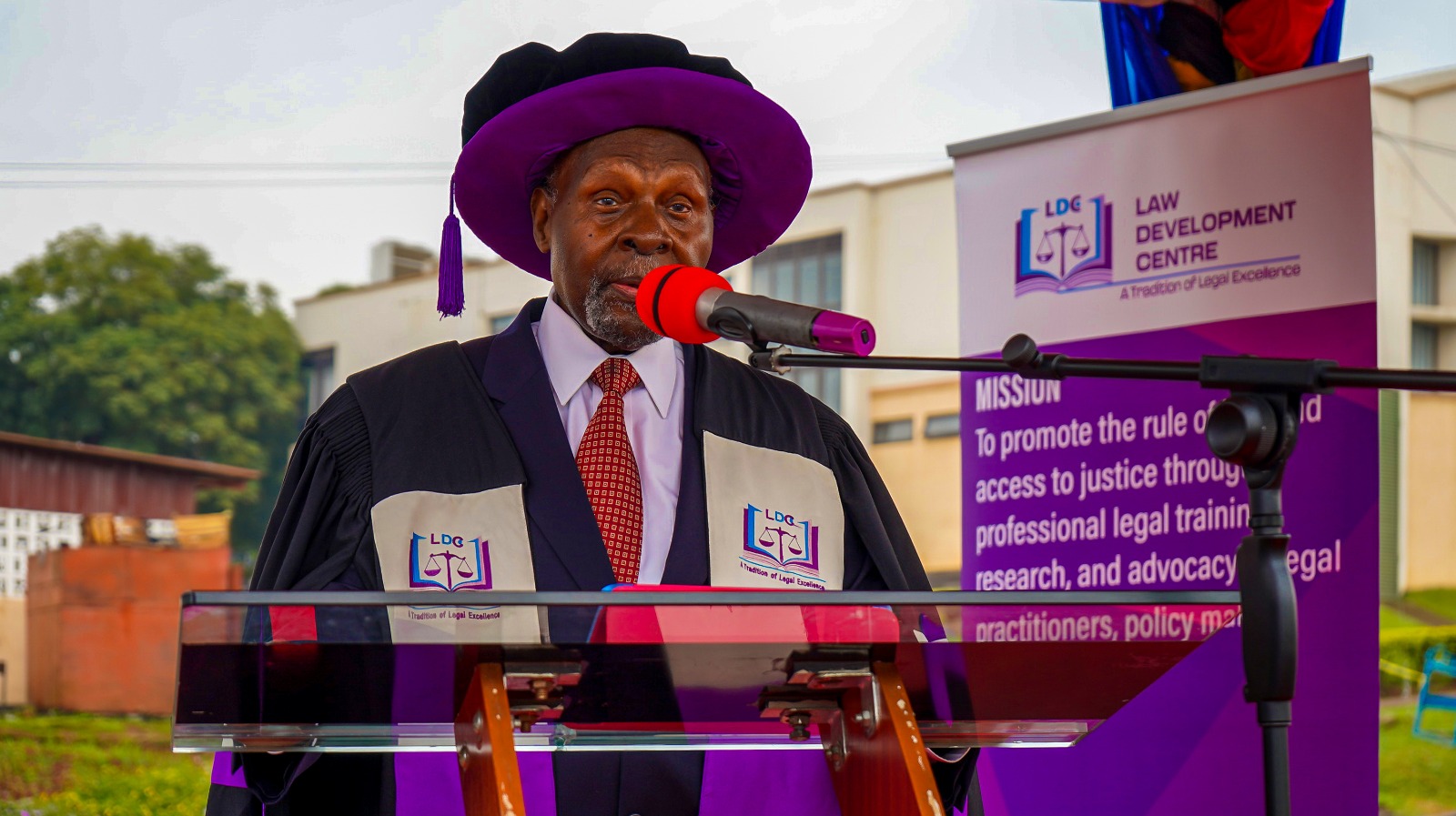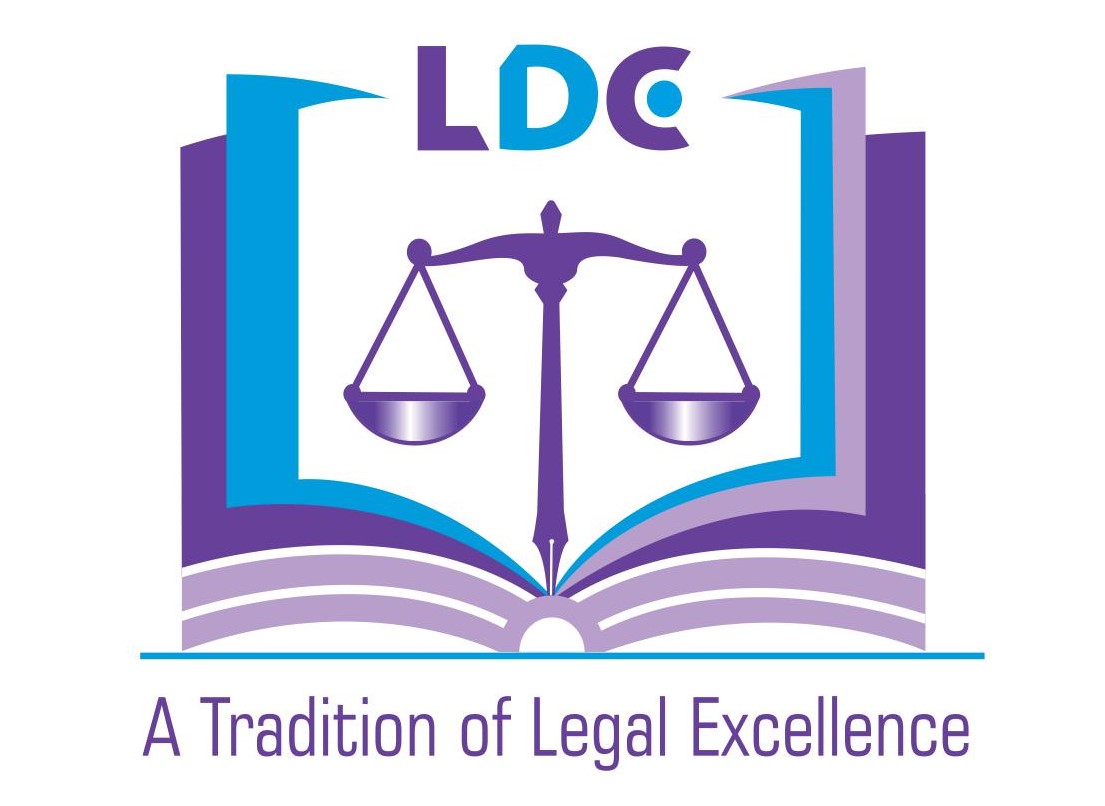RTD. JUSTICE FRANCIS M. SSEKANDI, DIRECTOR LDC, 1972-1974
My Lords, Your Excellencies, Members of the LDC Management Committee, The LDC Director, Members of the LDC Faculty and Staff, The 52nd Post-Graduate Diploma in Legal Practice (Bar Course) and the Diploma in Law Graduating Classes, Distinguished Guests, Ladies and Gentlemen.
I would like to thank the Members of the LDC Management Committee and the LDC Director for inviting me to be the Guest of Honour at this 52nd Graduation Ceremony. The last time I was the guest of honour, on a similar occasion, was in 1979. My address then was entitled “Autochthony: The Development of Law in Uganda.” Today, I wish to speak about the future of Legal Education in Uganda.
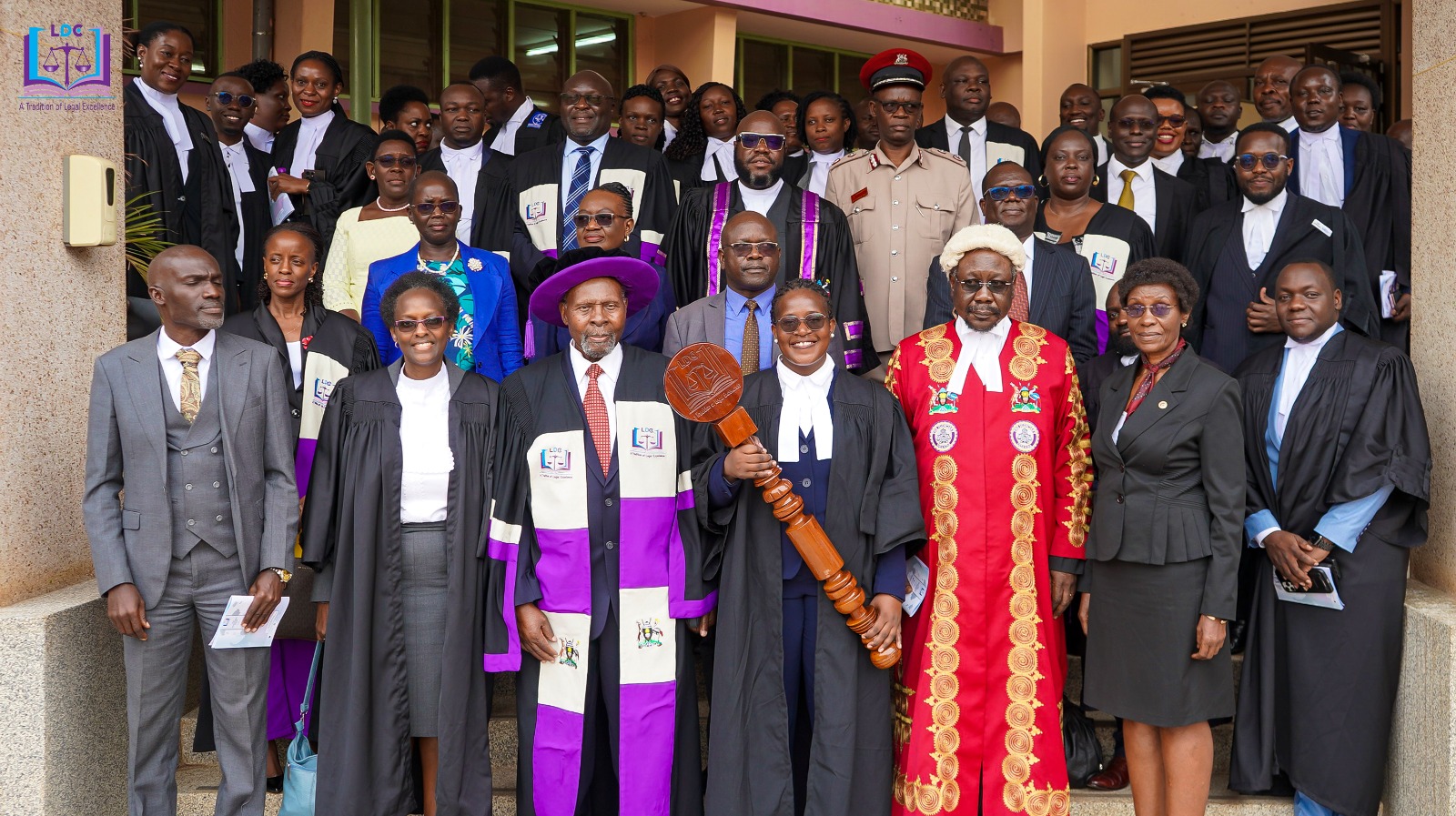
BAR COURSE
But, first, I would like to extend my most sincere congratulations to the Bar Course graduands on your having completed the Post-Graduate Diploma in Legal Practice, the Dip.LP (LDC) degree. Today, therefore, marks a milestone for you as you become part of the practicing Bar of Uganda. I wish you success in this endeavour and look forward to seeing you become future leaders of this country.
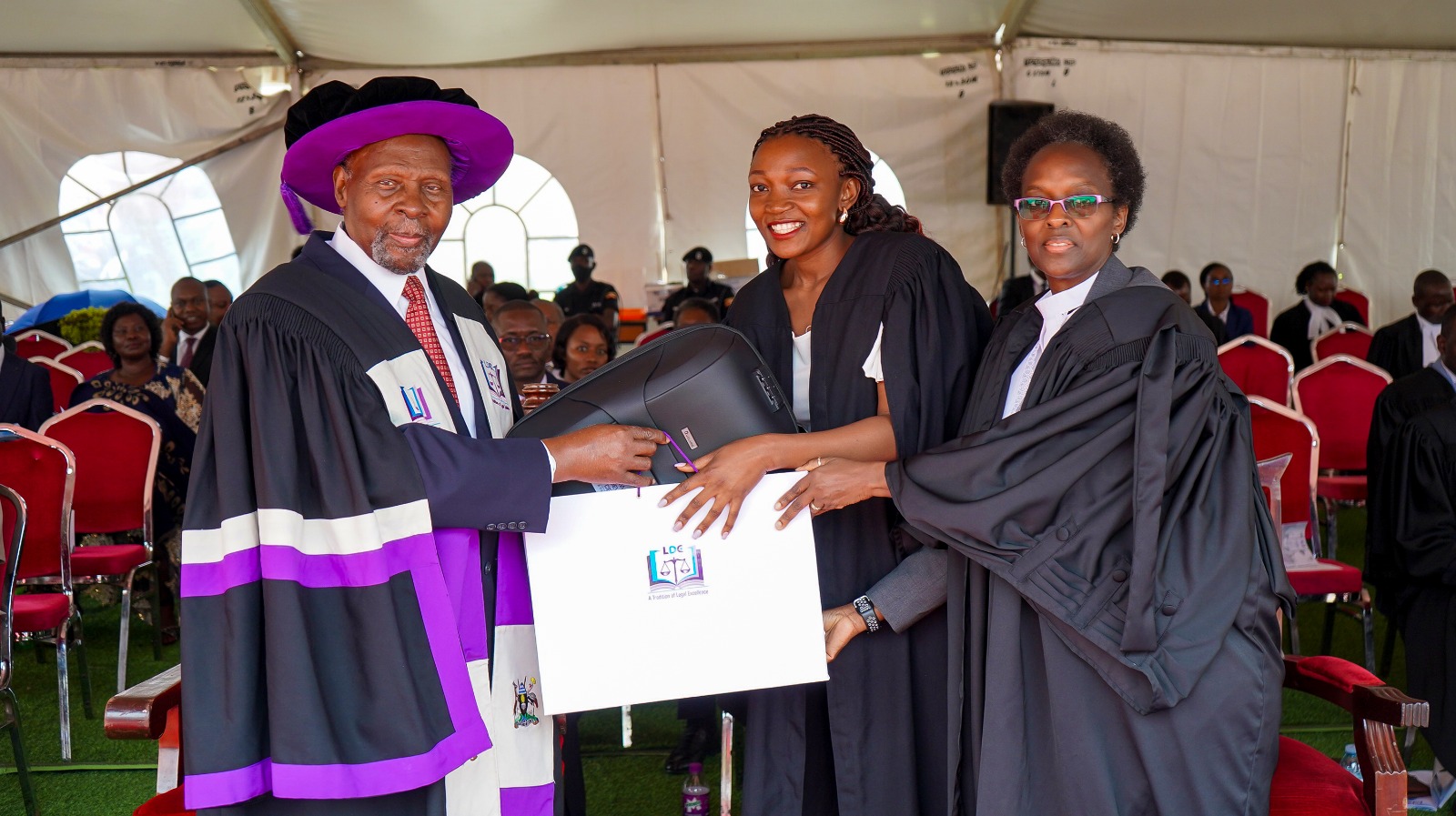
DIPLOMA IN LAW
For the Diploma in Law graduating class, I congratulate you on attaining the LDC Diploma in Law and wish you a very bright future in your chosen careers. I was very pleased to learn that the tradition we started with Makerere University to admit graduates of the LDC Diploma in Law to the Law School for the LLB degree has been continued and adopted also by other Universities.
BECOME LLB HOLDERS
I hope some of you will benefit from this opportunity. Ever since this practice began holders of the LDC Diploma in Law went on to acquire the LLB bachelor’s degree and on completion of the Post-Graduate Diploma in Legal Practice were called to the Bar and became distinguished Magistrates; others were elevated to judgeships and are Honourable Judges, at all levels.
DESIGNING BAR COURSE
The Bar Course was instituted in 1972. Preparations for the Bar Course commenced soon after I assumed the post of Director LDC. The Honourable Chief Justice Emeritus Ben J. Odoki joined us to Head the Bar Course and we immediately embarked on a quick study of the structure of legal education in other Common Law countries.
UNITED KINGDOM (UK)
In the UK, we visited one of the Solicitors training institutions in Birmingham. A law degree is now required to qualify to enter the Legal Practice Course (LPC) for Solicitors. For Barristers, the Inns of Court Vocational Bar Training Program, is like ours, and had just been instituted in 1972. Candidates for the course must possess a Law Degree from a recognized University. Successful completion of this Course is followed by a work-based learning component (pupilage) of one more year before admission to the English Bar.
CANADA
We also visited the Osgood Hall University in Ontario, Ca n a d a . T h e U n i v e r s i t y conducts an excellent fully integrated practical legal training program combining both academic and practical legal training, followed by an intensive vocational training program, devoted to real life cases studies. The vocational training program is mandatory for all law graduates wishing to be called to the Canadian Bar.

NIGERIA
Finally, we visited the Nigerian Law School in Lagos, Nigeria. The Nigerian Law School started in 1962 in Lagos as a vocational training institution for lawyers and now operates in six campuses, with Headquarters in Abuja. The other campuses are in Lagos, Enugu, Bayelsa, Kano and Yola. It is a one-year course. Admission is limited to holders of the LLB bachelor’s of laws degree Second Class (lower) from a recognized university. It operates very much like the LDC Bar Course.
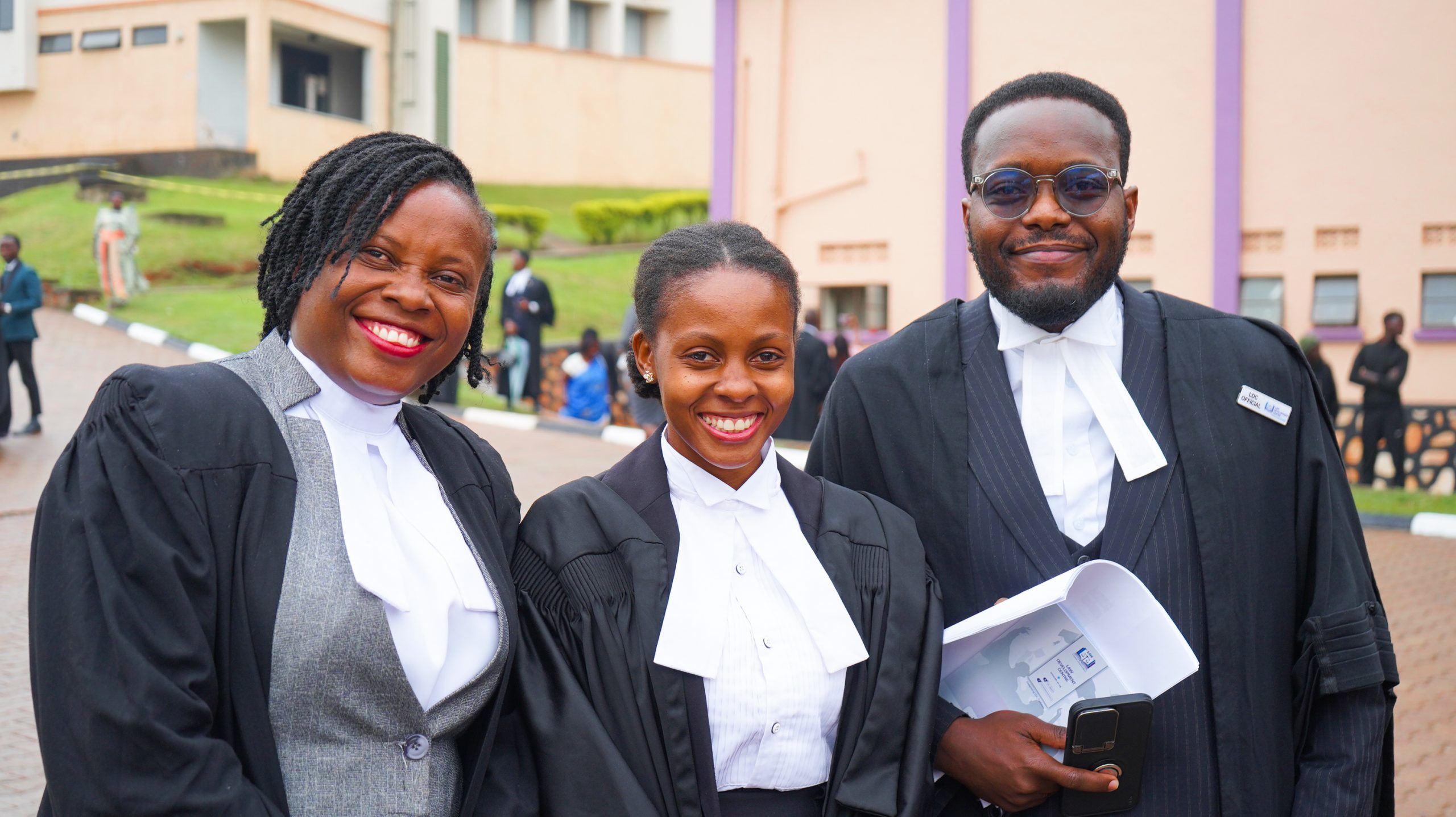
THE BAR COURSE
I am sure that over these last 52 years the Bar Course has evolved with experience and is much more suited for the conditions in Uganda. I have no doubt, therefore, that the professional training offered by the Bar Course has contributed to maintaining the high professional standards of the Ugandan legal profession. In law school students acquire the necessary legal knowledge and academic skills. The Bar Course prepares the LLB holder to apply that knowledge and those skills to actual cases, in real life.
MISSING THE BAR COURSE EXPERIENCE
Regrettably, in my case , I went directly to the Ministry of Justice after completing Law School in 1965. I skipped the pupilage while doing my LLM abroad and on my return, I was enrolled to the Bar right away and went directly to appear in court as the prosecuting State Attorney for the High Court Criminal Session in Kampala. I had not appeared in front of a High Court Judge before to argue cases. My first days in court were, to say the least, rather traumatic and I never wanted anyone else to go through such an experience.
CHALLENGES
I do understand, however, that the LDC is facing challenges that will affect the future of the Bar Course. The value and relevance of the Bar course is now being questioned in some quarters, largely because the number of candidates wishing to enroll in the Bar Course far exceeds the available facilities. To address the growing number of candidates seeking admission to the Course, an examination was instituted as a precondition for admission to the course.
OPTIONS
I gather that the admission examination was eliminated under intense pressure. In its place there have been attempts to stagger admissions as a substitute to the admission examination. But this too is considered by others to be unacceptable. To address some of these concerns, the LDC campus in Kampala was expanded to add two additional locations, at Mbarara and Lira, with a possible third campus at Mbale. It is my hope that a solution will be found to preserve the high quality of Uganda’s legal education that is the envy everywhere.
ADVOCATES
Legal practitioners in Uganda, known as Advocates, perform both functions of Barristers and Solicitors in England. Solicitors take instructions from clients, render legal advice, draft legal documents, conduct negotiations, prepare cases for trial but rarely argue cases in court. They brief Barristers to represent clients in court, especially, in the higher courts. Increasingly, though, Solicitors do also appear in court, but mostly in the lower courts. Essentially, advocacy remains the function of Barristers. Solicitors are organized in law firms and Barristers operate, individually, in Chambers.
LEGAL ETHICS
It is, therefore, quite a challenge to prepare Ugandan Lawyers to perform all those functions. The challenge of a unified profession is mostly the direct contact between the lawyer and the client with all attendant consequences.
CLIENT’S FINANCES
The handling of clients’ finances has been the most challenging of all. It has, unfortunately, led to disbarment or even imprisonment of a few of our lawyers. Thus, Legal Ethics must continue to be an essential part of any professional legal training.
LAW SCHOOLS
The legal educational system as currently designed in Uganda presupposes that Law Schools commit to academic legal training, leaving the practical training to the Bar Course. The syllabus in Law Schools was extended from three to four years, a few years ago, but this did not reduce the over-burdened law school enrolment. It is, perhaps, time to re-think the existing assumptions for training lawyers in Uganda. The model to be adopted eventually should ensure that required academic and practical training sufficiently prepares our lawyers for the challenging tasks demanded of an Advocate.
FUTURE BAR COURSE SYLLABUS
As part of the Bar Course training, we had started the Legal Aid program at the commencement of the Bar Course, so that students could interview actual clients and represent indigent clients in court. This plan did not materialize to fruition then for a variety of reasons. I am informed, however, that Legal Aid has now been reinstated and that a magistrates’ court has been established next to the LDC.
LEGAL AID
The LDC Legal Aid Clinic implements the Advocates (Student Practice) Regulations 2004 and the Judicature (Reconciliation) Rules 2011 which provide an avenue for Bar Course students to represent indigent clients under the supervision of an advocate as well as participate in reconciliation of parties.
LEGAL TRAINING
In my experience, students in Law School are better prepared if the academic teaching is combined with practical exercises, empirical research and legal writing. Legal writing would be improved by establishing student led Law Journals. Judging from its website, Makerere University Law School includes in its curriculum, Clinical Legal Education, Moot Court competitions, Arbitration Moots competitions and Public Interest clinics. The Makerere Law Journal has been published since the Law School was established and has already acquired a good readership.
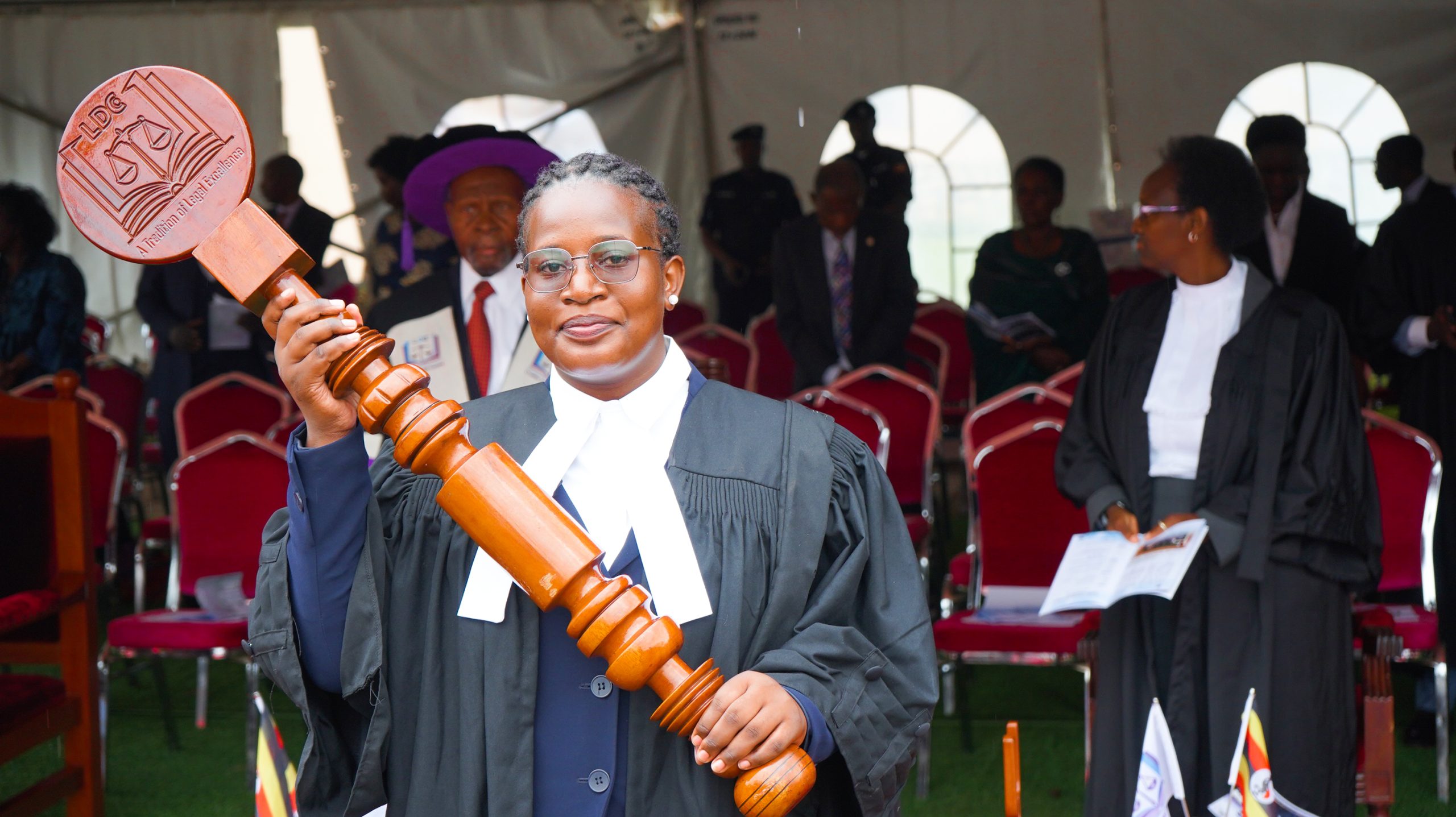
STANDARDIZATION
There is a need to standardize these initiatives in all accredited Law Schools, which I gather are now many. The publication of student run Law School Journals in particular, should be a common feature in Law Schools. The quality of a Law Journal should become a mark of excellence for which the Law School is judged.
RECRUITMENT CRITERIA
I would suggest that students elected to be on the Law Journal Editorial Board should be recognized in evaluation of their academic work and during the recruitment exercises by employers. To improve legal writing, law examinations should put greater premium on essays rather than question and answer examinations.
LEX-LEAD OPPORTUNITY
I have been an examiner for Lex- Lead (Lawyers for Economic Advancement and Development) for the last ten years and I regret to say that only very few Ugandan law students submit essays and even fewer score high grades. Most of the notable essays come from Law Schools in Malawi, Zambia, South Africa and West Africa. Candidates with the best graded essays are selected to do internships with law firms in the USA, a golden opportunity from which our law students could benefit.
OPTIONS FOR OVERCROWDING
There are limited options to address the growing number of candidates wishing to join Law School and get admitted to the Bar Course. The extension of the LLB to four years and the introduction of pre-admission examinations do not appear to have solved this problem. It is understandable that many students would wish to study law which in many cases is essential in other disciplines such as business or commerce. One way of addressing this need might be to offer law as one of the general subjects in the Humanities or Business Schools. Those who qualify can eventually be designated as paralegals to perform routine legal functions but are not licensed to practice law.
GHANA AND NIGERIA
Ghana and Nigeria must have experienced similar overcrowding challenges in their Law Schools, which led to upgrading the admission qualifications to join the Faculty of Law, in the case of Ghana and, in Nigeria, to the Nigeria Law School. In Ghana, students applying to join the Faculty of Law School, must be in possession of a general BA or BSC degree. Law Faculties do not require specific subjects, but most applicants choose to specialize in political Science, history, or English. Practical legal training in Ghana is conducted by the Ghana Law School run by the General Legal Council. It consists of two-years of practical legal training followed by six months attachment with a senior lawyer. In Nigeria, admission to the Nigeria Law Institute, which conducts the equivalent of the LDC Bar course, admission is limited to holders of a Second Class (Lower) LLB degree.
POSSIBLE SOLUTIONS
There are only a few options to address the overcrowding problem. My own suggestions for consideration by the appropriate authorities are five, as follows: 1. There should be only a limited number of Universities licensed to operate a Law School and the grant of such license should be based on meeting specific criteria, including proven ability to provide high standards of legal education. The Law School should, for example, possess sufficient material requirements, such as a well stocked law library, as well as a highly qualified faculty of academic staff. 2. Admission to Law School should be upgraded to students with a first degree in the Arts or Sciences from a recognized University.
ADMISSION TO THE BAR COURSE 3. In view of the disparity in standards of legal education offered by Universities, it is imperative that admission to the Bar Course should be limited to students with a higher degree, such as a Second Class (Lower) LLB degree. 4. The LDC retained as the sole Institution statutorily permitted to grant the Postgraduate Diploma in Legal Practice. It is essential for the sake of uniformity of practical legal training to maintain a single Governmental Institution to conduct the Bar Course under the supervision of the Law Council. Lawyers admitted to practice law should have equal opportunities for practical training which cannot be assured if contracted out to other public, or private institutions. 5. There are good reasons to require lawyers seeking a career in private practice to go through a period internship with senior counsel before doing so.
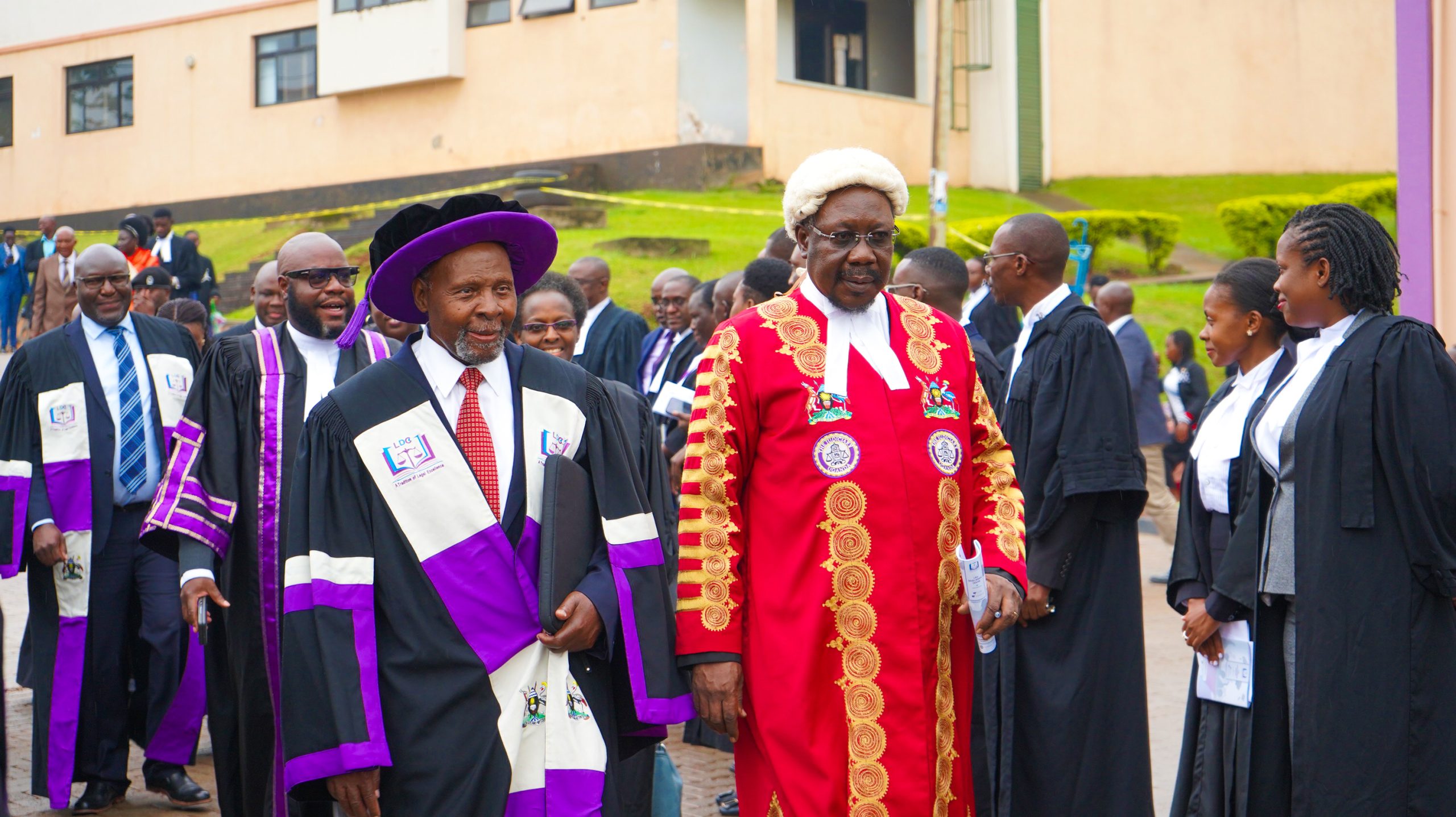
CLOSING REMARKS
In closing, I want to congratulate the LDC management and staff that have maintained the high standards of both the Bar Course and the Diploma in Law over these many years. The Dip.LP (LDC) acronym that accompanies your LLB has acquired worldwide recognition. It identifies the holder as an Advocate admitted to practice law in Uganda. It is not the time now to change course. The reliance on Bar Examinations without formal vocational training at LDC, in the age of AI, is not a desirable substitute. In fact, in the USA, some States have embraced vocational legal training as a substitute for the national Bar examinations.
I thank you all very much for the opportunity to be the Guest of Honour at this distinguished occasion. I am sure those to be admitted to the Bar will be a welcome addition to the legal profession in Uganda and the LDC Diploma in Law holders will go on to acquire law degrees or otherwise contribute to the administration of justice in your chosen fields of work.
IN PARTING, I WISH THE GRADUANDS EVERY SUCCESS IN ALL YOUR FUTURE ENDEAVOURS
RTD. JUSTICE FRANCIS M. SSEKANDI, DIRECTOR LDC 1972-1974
